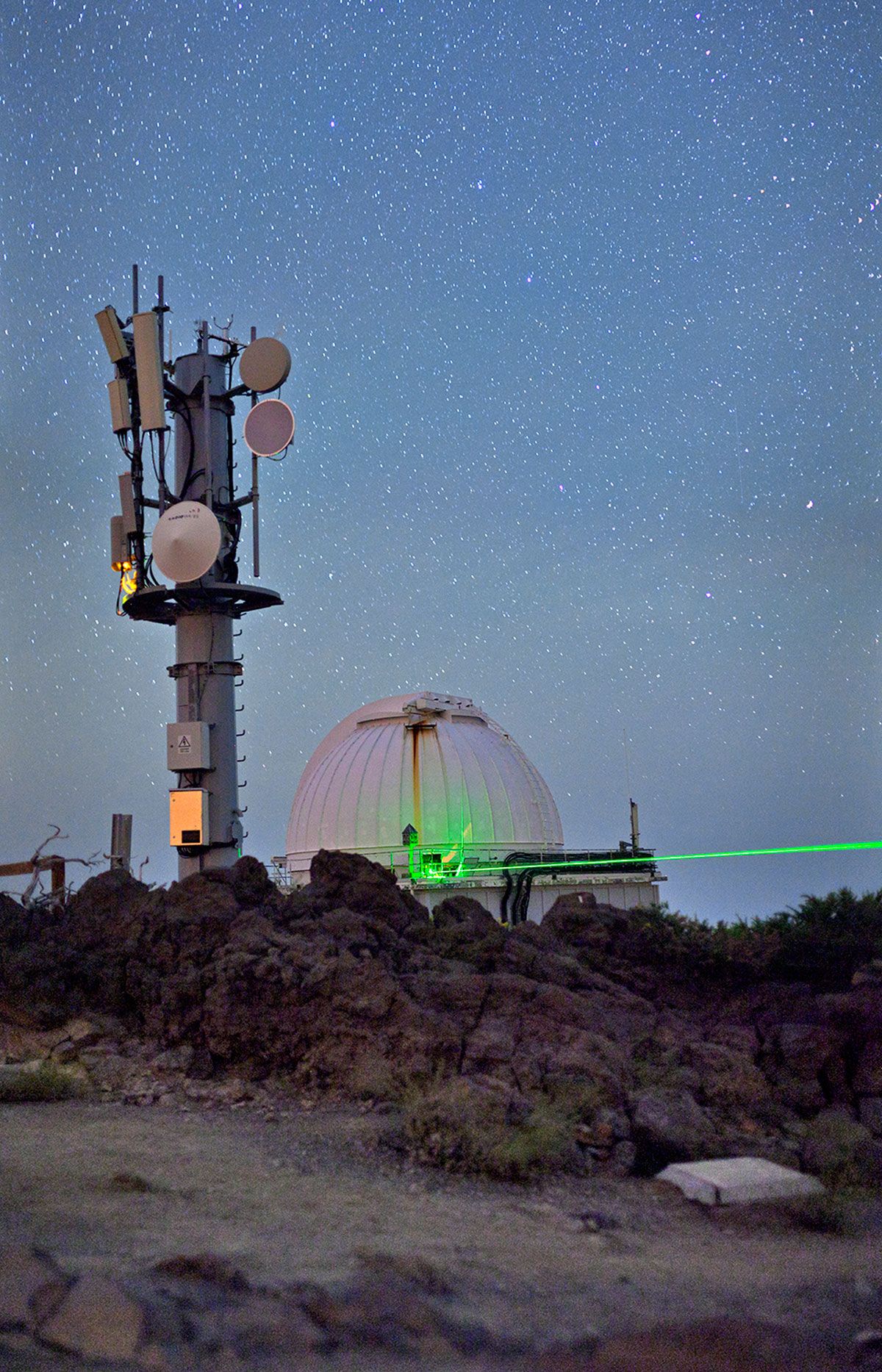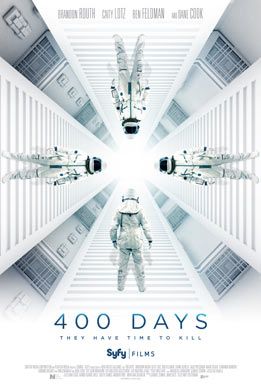Page 11618
Nov 6, 2015
Researchers have designed a battery that’s 90 percent more efficient than lithium-ion
Posted by Dan Kummer in categories: electronics, energy, mobile phones
Smartphones, laptops, and all manner of electronics have advanced by leaps in bounds over the past few decades, but an essential component of most of them — the battery, or more precisely the lithium-ion battery — hasn’t. The technological remnant of the mid-’90s has a tendency to degrade and isn’t particularly efficient, which is why scores of researchers have spent years pursuing alternatives. Until now, though, practical limitations — i.e., physical dimensions and mass manufacturing constraints — have permanently relegated many to laboratories. But a new design, a refinement of so-called lithium-air design by scientists at the University of Cambridge, looks to be one of the most feasible yet.
Lithium-air (Li-air) batteries have been around for a while — chemist K. M. Abraham is credited with developing the first rechargeable variant in 1995 — but they’ve never been considered very practical. That’s because they use carbon as an electron conductor instead of the metal-oxide found in conventional Li-ion batteries, and generate electricity from the reaction of oxygen molecules and lithium molecules, a process which leads to the production of electrically resistant lithium peroxide. As the lithium peroxide builds up, the power-producing reaction diminishes until it eventually ceases completely.
Related: Why batteries suck, and the new tech that might supercharge them.
Nov 6, 2015
Can Humans Actually Have A Brain Like A Computer?
Posted by Dan Faggella in categories: bioengineering, neuroscience, science
With modern innovations such as artificial intelligence, virtual reality, wi-fi, tablet computing and more, it’s easy for man to look around and say that the human brain is a complex and well-evolved organ. But according to Author, Neuroscientist and Psychologist Gary Marcus, the human mind is actually constructed somewhat haphazardly, and there is still plenty of room for improvement.
“I called my book Kluge, which is an old engineer’s word for a clumsy solution. Think of MacGyver kind of duct tape and rubber bands,” Marcus said. “The thesis of that book is that the human mind is a kluge. I was thinking in terms of how this relates to evolutionary psychology and how our minds have been shaped by evolution.”
Marcus argued that evolution is not perfect, but instead it makes “local maxima,” which are good, but not necessarily the best possible solutions. As a parallel example, he cites the human spine, which allows us to stand upright; however, since it isn’t very well engineered, it also gives us back pain.
“You can imagine a better solution with three legs or branches that would distribute the load better, but we have this lousy solution where our spines are basically like a flag pole supporting 70 percent of our body weight,” Marcus said.
Continue reading “Can Humans Actually Have A Brain Like A Computer?” »
Nov 6, 2015
Big Data and Genetic Sequencing Will Help Extend the Human Lifespan
Posted by Montie Adkins in categories: bioengineering, biotech/medical, genetics, life extension
Gooooood, good.
Big data will help crack the code on aging.
Two of the leading scientists at the edge of the medical revolution believe that our life expectancy could start creeping up toward the triple digits.
Continue reading “Big Data and Genetic Sequencing Will Help Extend the Human Lifespan” »
Nov 6, 2015
Bikk McKibben on Obama’s Keystone XL Rejection: ‘The Tide Is Starting to Turn’ — By Tessa Stuart | Rolling Stone
Posted by Odette Bohr Dienel in categories: environmental, policy
“McKibben calls Friday’s announcement a turning point in the fight against climate change”
Nov 6, 2015
Researchers take two big steps toward quantum computing
Posted by Andreas Matt in categories: computing, encryption, quantum physics
(Phys.org)—” Spooky action at a distance,” Einstein’s famous, dismissive characterization of quantum entanglement, has long been established as a physical phenomenon, and researchers are keen to develop practical applications for entanglement including communication, encryption, and computing.
Quantum entanglement is a phenomenon in which the production or the interactions of a number of particles cannot be described independently of each other, and must instead be described in terms of the whole system’s quantum state.
Two recent experiments with entanglement have been reported in the Proceedings of the National Academy of Sciences, one proving that complex quantum states in photons can be preserved even in turbulent atmospheric conditions; the other demonstrating entanglement swapping between qubits over the 143 kilometers between the Canary Islands and Tenerife.
Nov 6, 2015
UNCANNY Trailer (Sci-fi — 2015)
Posted by Sean Brazell in categories: entertainment, robotics/AI

https://www.youtube.com/watch?v=OMwxbvLpgKk
The biggest scientific discovery in human history… is not human!
★ Subscribe Here and NOW ► http://bit.ly/TrAiLeRs
★ Best & Latest SCI-FI Films Here ➨ http://bit.ly/ScifiFilms
The world’s first “perfect” Artificial Intelligence (AI) begins to exhibit startling and unnerving emergent behavior when a reporter begins a relationship with the scientist who created it.
400 DAYS is a psychological sci-fi film centering on four astronauts who are sent on a simulated mission to a distant planet to test the psychological effects of deep space travel. Locked away for 400 days, the crew’s mental state begins to deteriorate when they lose all communication with the outside world. Forced to exit the ship, they discover that this mission may not have been a simulation after all.
Nov 6, 2015
BB-8 Speaks, Chewie Roars, and Kylo Ren Threatens Rey in New ‘Star War: Force Awakens’ Trailer
Posted by Sean Brazell in categories: entertainment, robotics/AI, weapons

https://youtube.com/watch?v=SdAUiyeJMFQ
In case you’re wondering…
There IS a big, goofy and stupid smile on my face!














